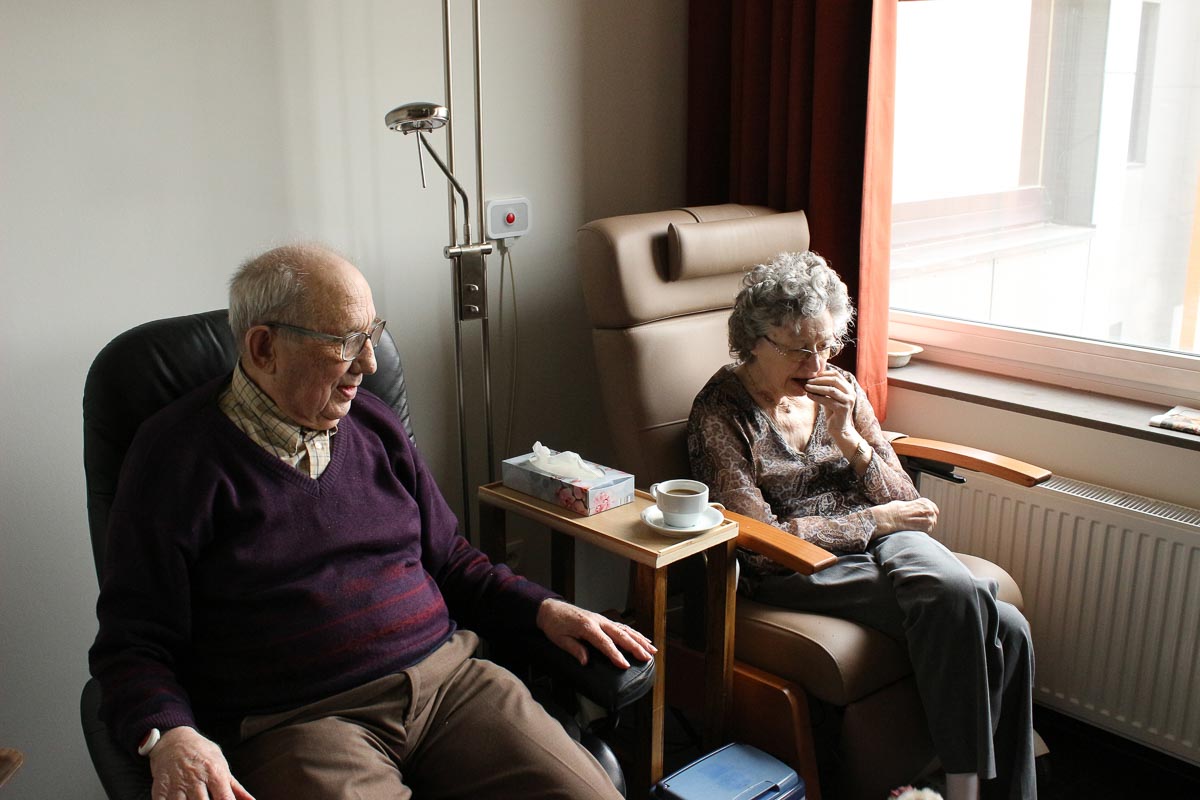Lowering health care costs through Medicaid coverage allows for low-income people to have a better shot at keeping up with housing costs, which in turn reduces an area's eviction rates, according to the research from Heidi L. Allen, Erica Eliason, Naomi Zewde and Tal Gross.
"Health care coverage may be keeping households from 'falling over the brink,' helping them meet their living expenses as the growing cost of medical care constrains household budgets," the researchers write.
The researchers analyzed eviction data in 51 California counties before and after the state's expansion of Medicaid in 2011 and 2012, following the passage of the Affordable Care Act, also known as Obamacare. They then compared the California data with eviction data in 235 counties in 14 other states that did not expand Medicaid.
The results showed early Medicaid expansion was "associated with a reduction in the number of evictions with 24.5 fewer evictions per month in each county from a pre-expansion average of 224.7." Furthermore, for every thousand new enrollees, there were approximately 22 fewer evictions per year.
“Poor health can be a contributor to eviction when people with limited resources cannot afford both housing and medical care... Medicaid may mitigate the risk of eviction directly by reducing the cost of medical care and indirectly by protecting earning potential through better health,” the researchers write.
Eviction and poor health go hand-in-hand, according to the researchers, because poor health can financially strain lower-income people causing them to be evicted, and eviction can cause people stress, which leads them into poor health.
The researchers point out that prior research suggests that experiencing eviction may lead to poorer physical and mental health due to factors like being forced into a higher-risk rental market in higher-crime, higher-poverty neighborhoods with substandard housing conditions, acute risk of homelessness and an interruption of treatment and patient-provider relationships.
Additionally, "poor health can cause absenteeism or job loss, further constraining resources through income reduction, becoming uninsured, or both," the researchers write. "As a result, poor health can increase one’s exposure to health care costs, which can contribute to financial decline and increase one’s risk for housing instability."
The expansion of Medicaid helping lower eviction rates was also found in a randomized trial in Oregon. This research from the Oregon Health Study Group found health care coverage nearly eliminated catastrophic medical debt, decreased the probability of having debt in collections, lowered the amount owed in existing collections and lowered financial strain in general, including borrowing money from friends, family, payday loans and skipping bills to pay others.
The report “contributes to an existing body of literature suggesting that one of the principal benefits of Medicaid expansion is related to protection from encumbering medical debt, leading to improved financial well-being,” the authors write.
"This body of literature helps inform policymakers of the ramifications of expanding or retracting public coverage on the economic well-being of the population," the researchers write. "Our findings indicate that Medicaid not only is an important part of the health care safety net but also may be considered a key strategy for addressing poverty-related housing instability."

